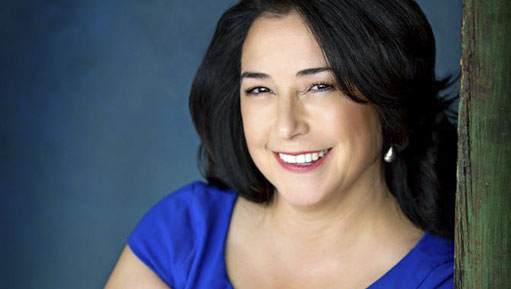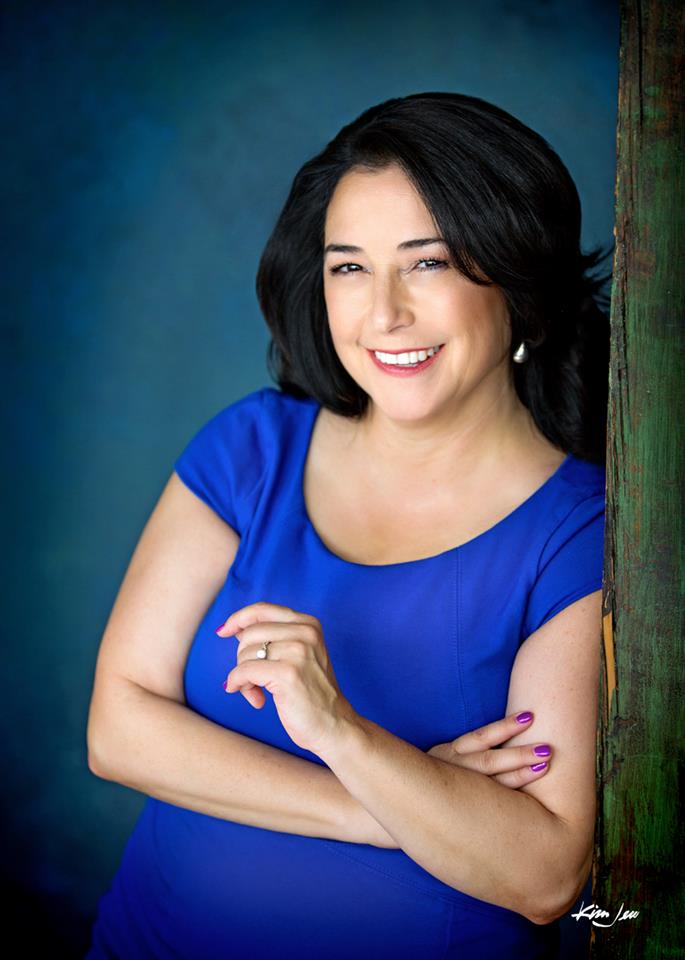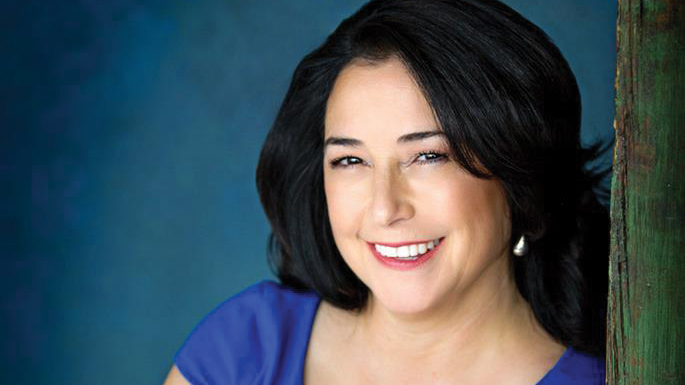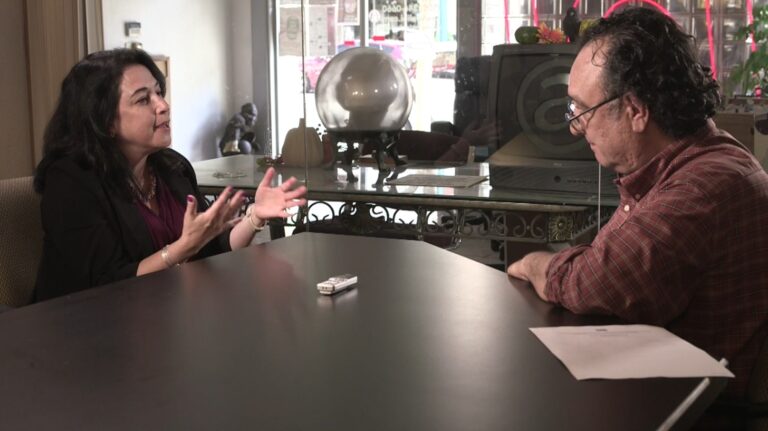Candidate Q&A: Archuleta Articulates Vision
Public Health, Public Service And Businesses That Give Back


Deanna Archuleta
Kim Jew Photography


Latest Article|September 3, 2020|Free
::Making Grown Men Cry Since 1992


Deanna Archuleta
Kim Jew Photography



